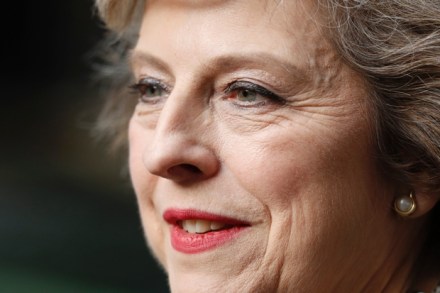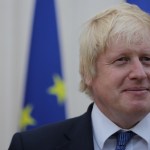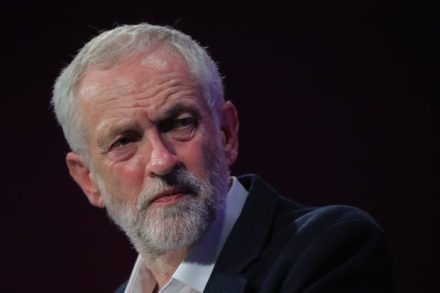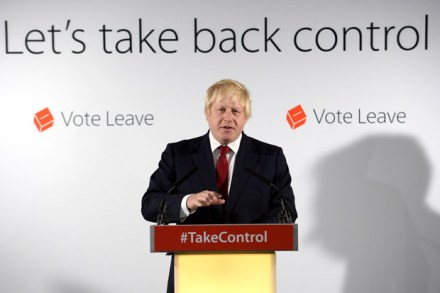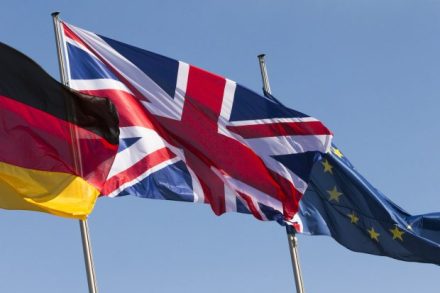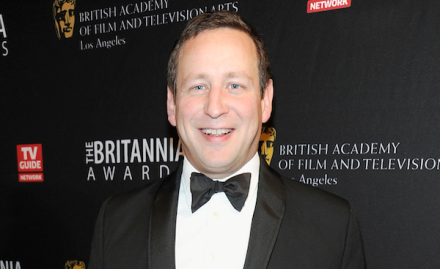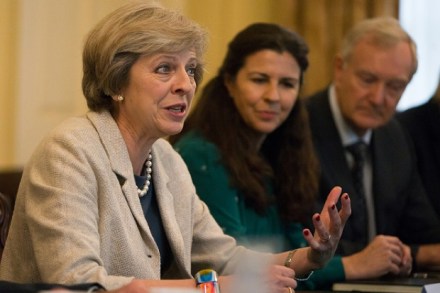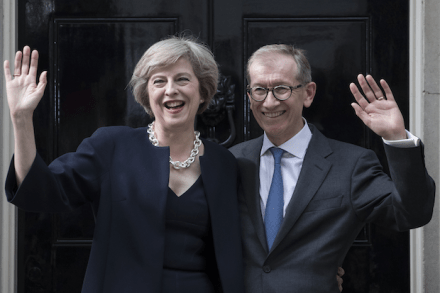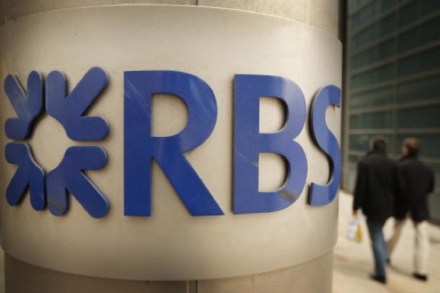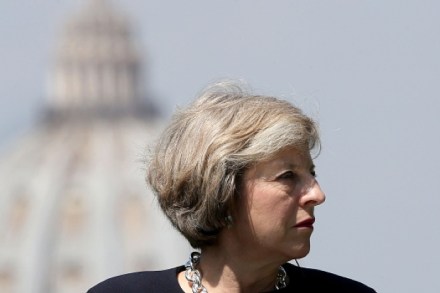What should we call Theresa May’s acolytes?
What, though, are we to call the followers or policies of Theresa May? Assuming, obviously, that there one day are some. At least one columnist last week used ‘Mayist’, which seems to me a terrible, boring waste. Surely we can do better than that? On Twitter, I idly suggested ‘Mayan’ which I still feel is sure to come into its own in the coming economic apocalypse. Thereafter, others weighed in. ‘Mayite’ is no better than ‘Mayist’ and makes you sound like a Geordie when you say it, anyway. ‘Mayflowers’ could work. What with Brexit, ‘Maypoles’ might confuse people. ‘Mayonnaise’, as in ‘the Mayonnaise Government’ is perhaps a bit too weird.
